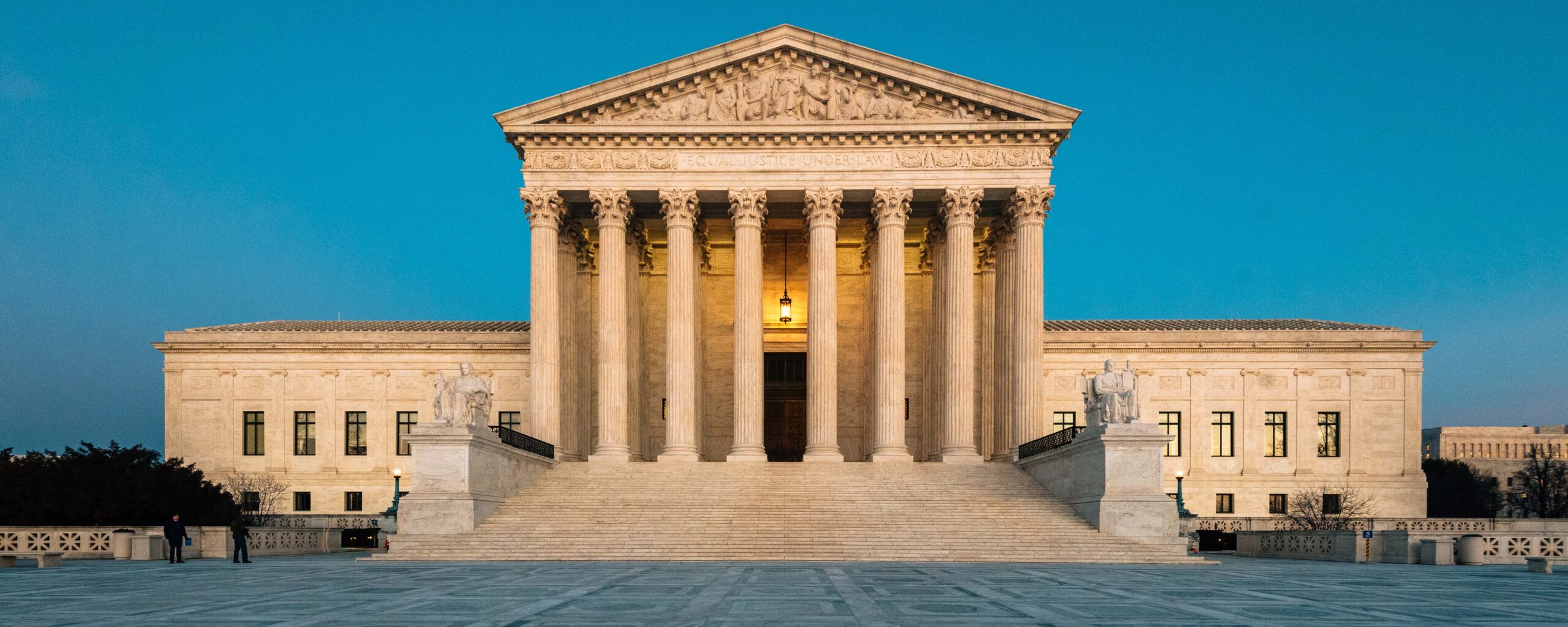It’s known that Republican voters usually vote for Republican candidates, and Democrats vote for Democrats. Likewise, people who identify with the Tea Party often vote for Tea Party-backed candidates. But why do they vote that way? What is the psychological basis of their political preferences?
A new study examining the underlying political beliefs of Democrats, Republicans and Libertarians, as well as those who identify with the Tea Party and Occupy Wall Street movements, finds important differences in why they support their candidates.
“Using Psychological Theory to Predict Voting Intentions” is one of the first studies to apply the theory of reasoned action, a well-known cognitive model in social psychology, to voting behavior. The study, by researchers at the Annenberg Public Policy Center (APPC), Annenberg School for Communication, and Perelman School of Medicine, all at the University of Pennsylvania, was published online in April in the Journal of Community Psychology.
“Voting is just like any other behavior,” said the article’s lead author, senior research analyst Michael Hennessy, Ph.D., of the Annenberg Public Policy Center. “This study looks at the underlying attitudinal and normative beliefs of people who support five different kinds of candidates.”
While Democrats, Republicans, and Libertarians are drawn to inclusive political generalities, members of the Tea Party and Occupy Wall Street movement adhere more strongly to specific policy prescriptions or beliefs that question well-accepted truths, the study found.
The study is based on an online survey from July through September 2012, in which 2,637 people people were questioned about three kinds of political beliefs – generalities, policy issues such as abortion and health care, and assertions about the “true reality” of otherwise well-understood events such as the 9/11 attacks. The study then linked these beliefs to the respondents’ intention to vote for five different presidential candidates.
The researchers found that Democrats and Republicans identify with political generalities such as “Big business serves the best interests of most Americans” (Republicans) or “The gap between rich and poor in the United States threatens democracy” (Democrats). Libertarians subscribe to different though similar platitudes, such as “America is better off with as few government programs as possible.”
Beliefs of these types are highly related to support for Democratic, Republican, and Libertarian candidates. Those three parties, the researchers suggested, were “socially heterogeneous and their supporters find it easier to endorse broad politico-philosophical abstractions rather than specific policy recommendations.”
However, the beliefs of Occupy Wall Street supporters combined a specific policy prescription – “Health care should be free for everyone in the United States” – with generalities. And supporters of the Tea Party identified with one specific policy idea and two beliefs that ran counter to previously known facts, such as “Barack Obama was not born in the United States.”
The researchers characterized Republicans, Democrats and Libertarians as “bridging” groups that seek to assimilate political differences while the Tea Party and Occupy Wall Street were “bonding” groups that emphasized the “exclusivity and ideological purity” of group members.
In addition to Hennessy, the study’s authors included Michael X. Delli Carpini, dean of the Annenberg School for Communication; Michael Blank of the Perelman School of Medicine; Ken Winneg of APPC; and Kathleen Hall Jamieson, director of APPC.
Download the news release here: Voting Intentions release 04-27-15.


